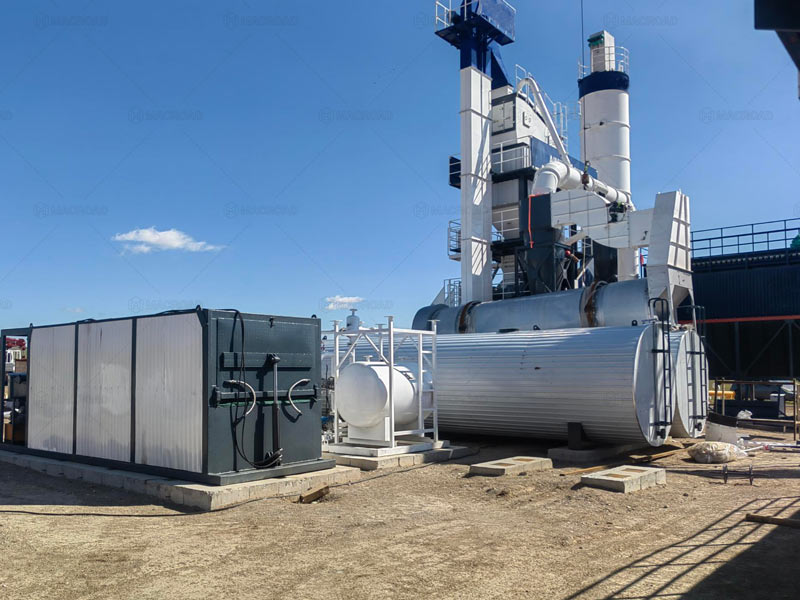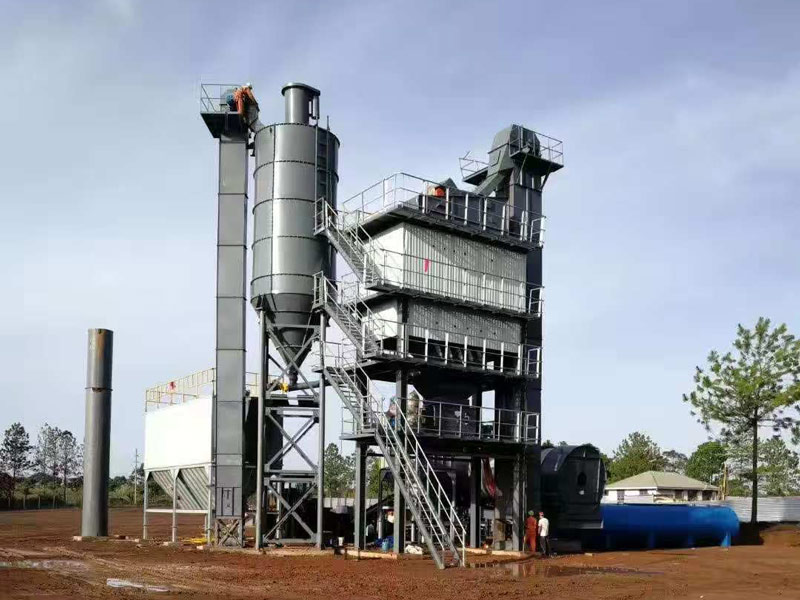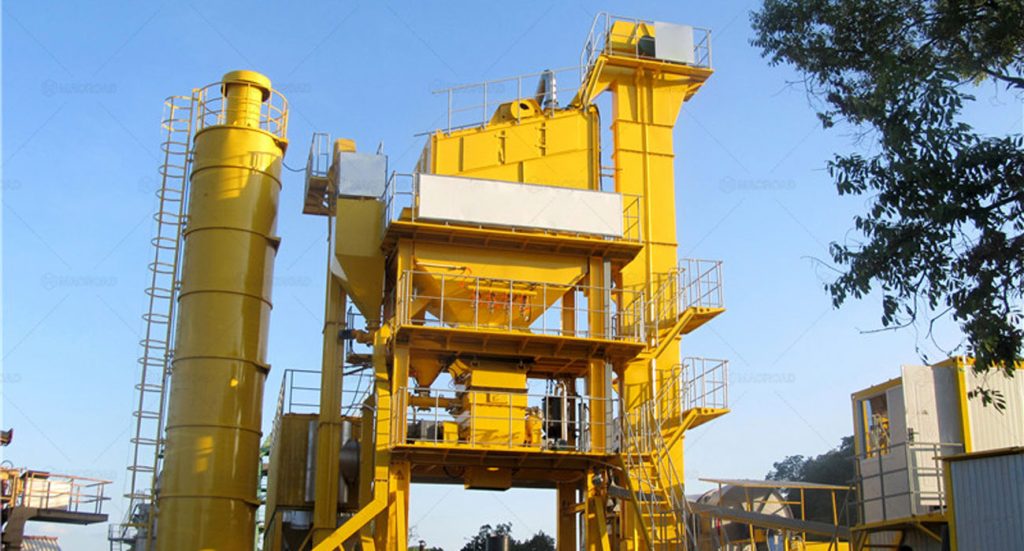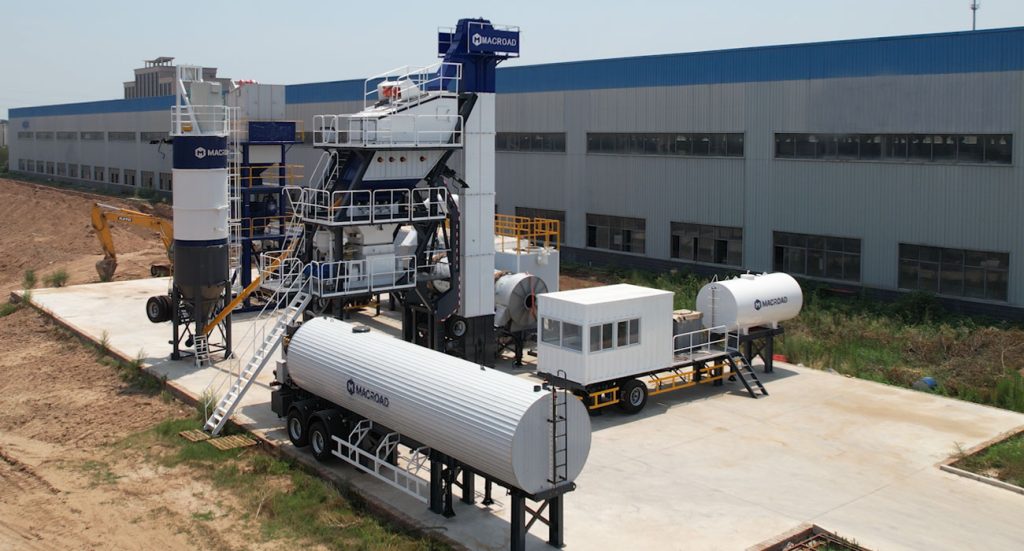In the operation of an asphalt batch plant, environmental compliance costs are a significant component of the overall asphalt batch plant cost. For mobile asphalt batch plants, space constraints necessitate the installation of miniaturized environmental protection equipment. The cost of these environmental protection modules directly influences the mobile asphalt batch plant price. Therefore, evaluating the cost-effectiveness of environmental protection configurations during the equipment procurement stage is essential. This article discusses how to assess the operating energy consumption and maintenance costs of small environmental protection equipment to avoid excessive investments or compliance issues down the line.

Understanding Environmental Compliance Costs
Environmental compliance costs encompass all expenses related to meeting regulatory standards for emissions and waste management. For asphalt batch plant, these costs can vary significantly based on the type and efficiency of the environmental protection equipment used. As mobile asphalt batch plants operate in diverse locations, ensuring compliance with local environmental regulations is crucial.
Investing in miniaturized environmental protection equipment is often necessary for mobile plants due to their limited space. However, the decision to choose specific equipment should not be taken lightly, as it can impact both operational efficiency and overall costs. Therefore, understanding these implications early in the procurement process is vital for long-term success.

Assessing Miniaturized Equipment Efficiency
When evaluating the cost-effectiveness of environmental protection configurations, it is essential to assess the efficiency of miniaturized equipment. This involves analyzing the operating energy consumption and maintenance costs associated with the asphalt batch plant cost.
Operators should inquire about the energy efficiency ratings of different environmental protection modules. High-efficiency equipment may have a higher upfront cost but can lead to significant savings in energy consumption over time. Additionally, understanding the maintenance requirements of these miniaturized systems is crucial. Equipment that requires frequent or costly maintenance can quickly negate any initial savings, resulting in higher overall costs.

Avoiding Excessive Environmental Investments
One of the primary goals during the procurement stage is to avoid excessive environmental investments that do not yield proportional benefits. This requires a careful cost-benefit analysis of different environmental protection options available for mobile asphalt batch plants.
Operators should weigh the costs associated with advanced environmental protection technologies against the potential penalties for non-compliance. While it may be tempting to opt for top-of-the-line equipment, it is essential to consider whether the additional features will provide a tangible return on investment. Sometimes, simpler and more cost-effective solutions can achieve compliance without burdening the budget unnecessarily.

Ensuring Compliance and Future-Proofing Operations
In addition to evaluating costs, it is vital to ensure that the chosen environmental protection configurations will remain compliant with evolving regulations. Environmental standards can change, and equipment that is compliant today may not meet future requirements.
Operators should select modular environmental protection systems that can be easily upgraded or modified as regulations change. This approach will help avoid costly retrofits or replacements in the future, thus protecting the initial investment made in the mobile asphalt batch plant price.
Conclusion: Strategic Procurement for Asphalt Batch Plants
In summary, evaluating the environmental compliance costs associated with asphalt plant operation is crucial for managing the overall asphalt batch plant cost. For mobile asphalt batch plants, the selection of miniaturized environmental protection equipment requires careful consideration of operating energy consumption and maintenance costs.
By conducting a thorough assessment during the procurement stage, operators can ensure that they invest in cost-effective solutions that meet regulatory requirements without leading to excessive costs. This strategic approach will not only protect the financial investment but also contribute to the sustainable operation of asphalt batch plants in varying construction environments.